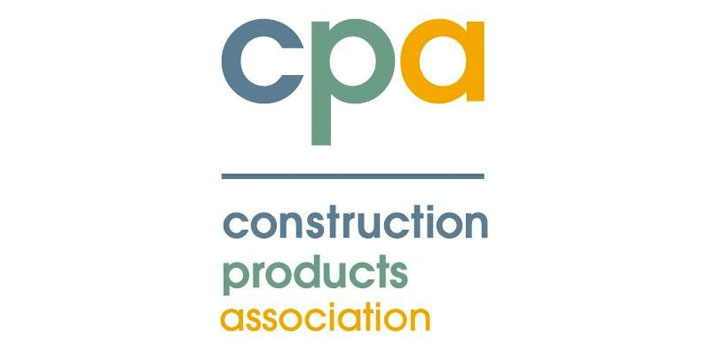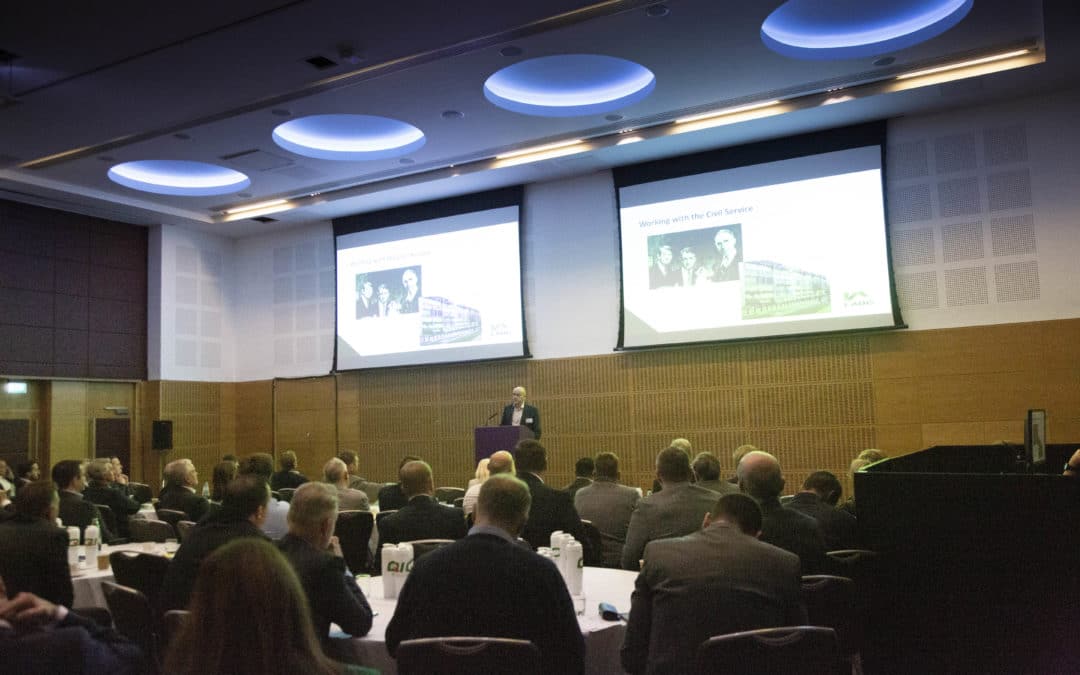Match report: The Etex Fit-Out Cup, St George’s Park, 20 November 2019
A day now etched in footballing history started like any other November morning. It was a windy, crisp and bright autumn day at the England Training Ground as the two teams assembled for the inaugural Etex Fit-out Cup. The pitch was perfect, the army drafted in (seriously!) to act as match officials and the tension and excitement in the crowd (all 5 of them) was palpable.
It is hardly surprising that Etex started the brighter of the two teams. They arrived, looking the part, communicating well, forming passing triangles all over the park, controlling the ball and the play in the first 20 minutes. Was it that the core of the team made up from Building Materials Ltd and had clearly played together before, was it talent, youthful vigour or simply that half the FIS team had fallen out of the bar in the wee small hours and needed to sweat out some of that alcohol to see the game clearly?
Whatever it was Saminder Matharu, well supplied by James Bouvier and Matthew Davies looked a constant threat up front. Oscar Venus (who has all but ended a promising career at the FIS when he turned coat and volunteered to make up the numbers for the opposition) was starting gel with the lads from Building Materials Ltd and stretch the FIS midfield – FIS goalie, Alex Brown, did well to keep the score level controlling his box well. The sensible money was starting to swing towards the Red and Whites with mumbles of “could be a drubbing” heard from the crowd (already down to four!). But the FIS team started to gel and the defence kept shape (very much built around the 6ft 3 Centre Half Alex Wright who was solid in the air and in the tackle) and Minster’s Lee Cowling. The gaps started to disappear. The crowd (now swelled by substitutes in the form of Big Danny and Grahame from PWB) started to feed off the growing confidence on the pitch and comments like “this actually isn’t bad football” cut through the pessimism. Indeed FIS almost took the lead when Hammad Taj broke through to score, only to be pulled back for an earlier infringement by Etex (the atmosphere in the crowd soured as the lack of advantage seemed harsh).
Etex pressure and patience finally paid off though when Darren Young who had been having a stirling game marginally mistimed a tackle on the edge of the box and a penalty was calmly slotted home.
Their second goal quickly followed with a fast ball over the top being hammered home on the half volley, leaving Alex no hope at all. Things appeared to be unravelling when Darren Adams (Great Yarmouth Ceilings) who had been a stalwart throughout had to retire due to a thigh strain. But up steps Big Danny Fitzsimmons who not only filled his shirt, but held the ball up well, provided an intimidating presence and showed a deft touch that drew comments from the crowd like “neat feet for a big lad”. FIS needed to find some hope from somewhere, but few games have ever turned on a throw in – this one did. FIS could have finished the half with heads down, but a throw in just before half time revealed a new secret weapon. I have honestly never in 40 years of watching football seen a ball travel as far as Danny’s throw in – it may even be a defining moment for football, you can’t surely be held up for wasting time if it is because you were just waiting 5 mins for the ball to land! I am fully expecting Etex to get an order of Plasterboard from the FA to compliment their Gym Equipment if that it what slinging boards can do for a throw in in the modern game!
Half time came and Jay Lee (who had displayed an architects eye for design and shape as he had constantly found gaps with his neat passing) and Alex Jones swapped shirts with Jay switching to goal and Grahame from PWB taking to the field.
Team FIS picked up where they left off and with Michael Burke, Steve Williams (captain), and Angus Nanan combining neat passing with great control and energetic, solid defending to keep Etex under constant pressure and prevent the quick over the top ball causing FIS further trouble. Alex proved himself quickly as an outfield player with calm control and an ability to take players on. Gemma (the lone lady) continued to get stuck in and, like all good strikers, never gave anything up. Grahame Helm, the oldest player on the park proved that there was life in the old dog and used all his guile and experience to ensure that he was always in the right spot.
The swing in momentum finally gave just reward when some more passing gave Hammad a sight at the goal. Despite being 25 yards out, he didn’t need a formal invite to curl it into the top corner with a goal that would have beaten any keeper and been a contender for the goal of the week on Match of the Day.
FIS rolled subs on and off, but with 15 mins to go legs were tiring and they were running out of options. Reluctantly they were even forced to use FIS CEO Iain McIlwee who ably demonstrated why he was banished from the football field at the age of 11 and told to go and play “with a different shaped ball and the other fat lads over there!”
But despite Iain’s presence significantly weakening the FIS Team, there was another twist when a mazey run from Hammand Taj bought a soft foul in the box and another penalty was awarded and scored by Hammand.
Normal time finished 2 v 2 despite several close efforts from Etex and it could so easily been won by them, but for some brave goalkeeping from Jay.
With the final whistle gone, the two captains quickly consulted and, to spare an overload at the cardiac unit of the local hospital, decided that, extra time was high risk and penalties would be used to separate our teams. Even this proved difficult and after 10 penalties it was still 4 v 4 and sudden death. Then up step our two hero’s Gemma and Jay. Jay’s athletic save was quickly followed by Gemma calmly slotting home the winning penalty and team FIS finished the victors.
It really was a fantastic event, thanks to all involved. Special mentions to the two most valued players, Berkuk Kunduh of Building Materials and Hammad Taj of Kerry London and of course our sponsors Etex. The event raised £1,700 for our charity Mind and was a great reminder of how sport can have a positive impact on mental health.
If you are interested in getting involved in the Fit-Out Cup 2020, let us know.




